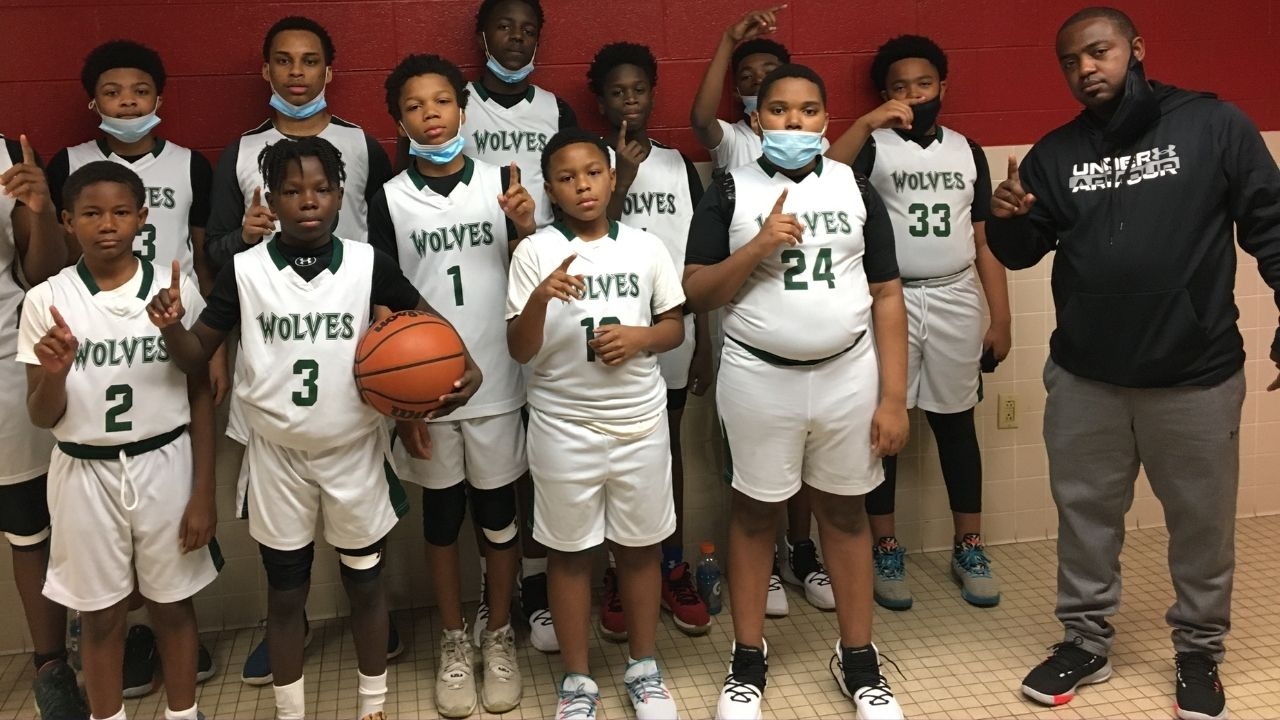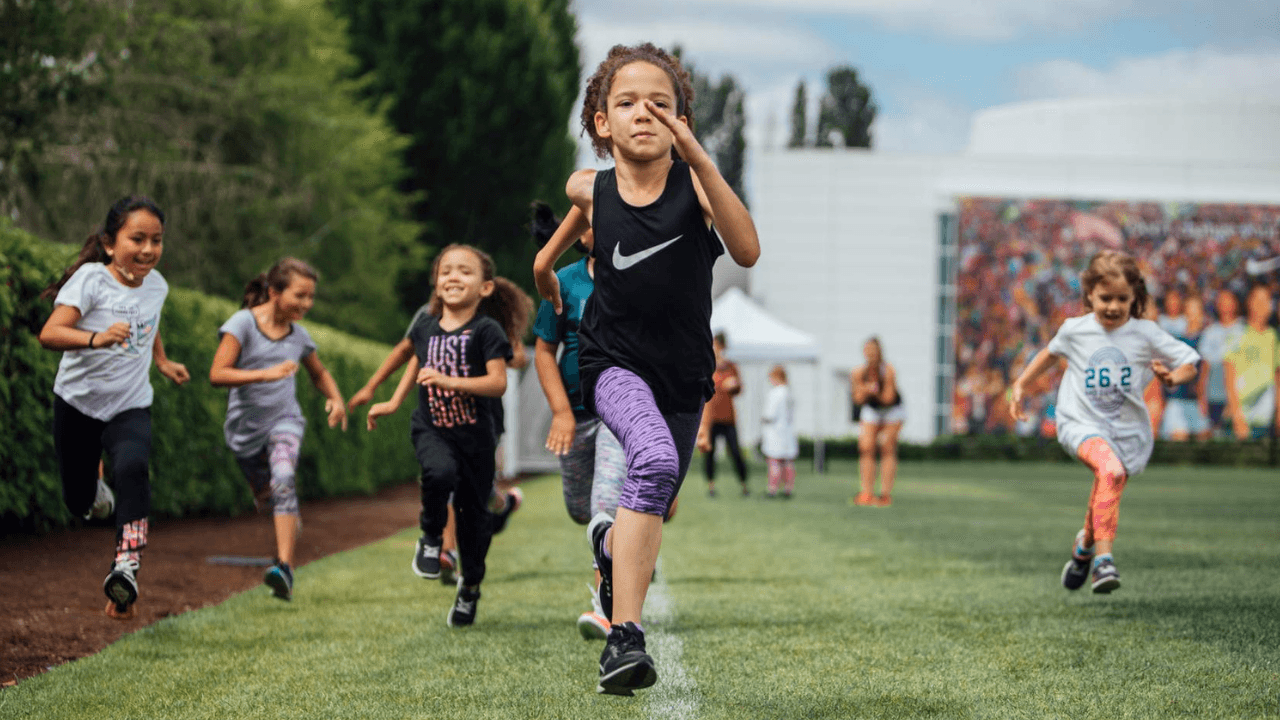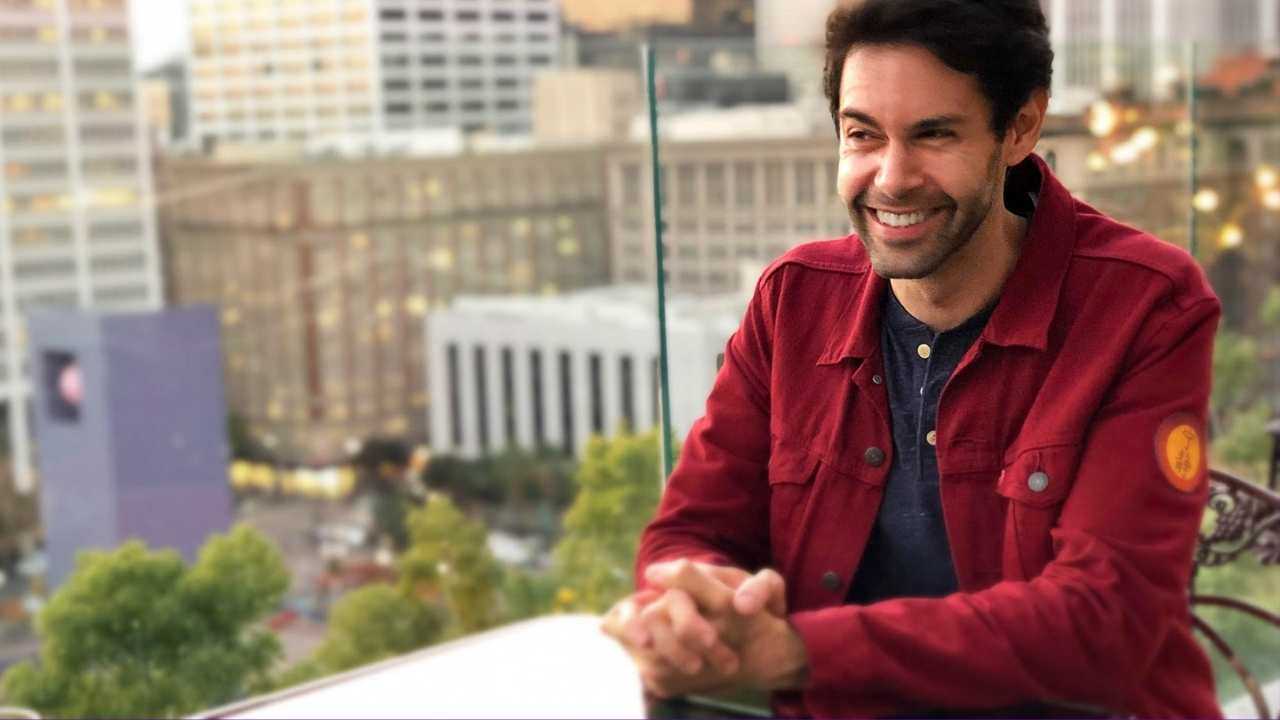Time Out with… Coach Lorenzo Tatum
Meet one of the finalists for MOJO’s My Coach Rules contest.
Jordan Ligons
| 4 min read

Lorenzo Tatum
When Lorenzo Tatum’s 7-year-old son made the local church’s youth basketball team, he asked his dad to help him get better. Tatum, a former overseas basketball player himself, taught his son moves and fundamentals he learned from growing up playing the sport. And during that precious one-on-one gym time, Tatum found his new passion — coaching.
A local law enforcement officer in Memphis, Tennessee, Tatum was also concerned about the high volume of juvenile arrests in the area. “I wanted to make a change,” Tatum says. “I wanted to do something.” His solution? To encourage other neighborhood kids to join him and his son on the court.
What started as a few training sessions grew to Tatum’s Youth Organization, a nonprofit that helps transform young boys in the community — ages 8 to 17 years old — through sports, crime prevention programs and exercise. “We’re not just focusing on basketball,” Tatum adds, “we’re focusing on life skills.”
Since its inception in 2010, Tatum has helped over 200 players get college scholarships either in basketball, football or for their academics.
MOJO took a time out with Tatum — one of the honorary award-winners from our My Coach Rules contest — to talk about why he loves to coach.
Tell me about your best day as a coach.
Banquet Day. We have a gathering and we pass out trophies to the guys for their achievements throughout the season. It never fails. On Banquet Day, the children come to me and tell me how much they appreciate me and the things that they learned throughout the season as far as life.
That’s what keeps me coaching.
I’ve now included a former player to come back and speak. And just to hear my former players tell me how much of a father figure I am to them because their father wasn’t there, and how much they look up to me as a father… Banquet Day is the best day.
Tell us about your toughest day as a coach.
My toughest days are rainy days. Because a lot of parents don’t like driving in the rain, so you have less attendance at the gym for practice. But that teaches me to keep going. No matter if it’s one or two players there, you got to keep going.
What is the best piece of coaching advice that you’ve received?
It was from a coach that I’m really good friends with from Hot Springs, Arkansas. I remember he told me, “Coach, keep doing what you’re doing. One thing that these children are going to realize is that not everybody is on their side. They only have a few people that are in their corner — and as a coach, you’re one of them.”
What advice do you give to other coaches?
Keep up the good work. And don’t give up on these children; they need us. Certain things go on with a child, and they look for somebody to talk to. Not all the time can a child go and talk to their mother and father … sometimes it’s the child’s coach or teacher. They need us. Be an open ear to the children.
Why do you coach?
Not only for the love of the game but to help the children here in the city, in Memphis. That’s the reason why I really got into coaching because I help a lot of children stay off the streets … There’s so much negative out there for these children to get into. But for me and my coaching staff, it’s about focusing on life skills and bettering [themselves], showing them how to be a positive male within today’s society.
Finish this sentence: You know you’ve got MOJO when…
… you’re winning — not only on the court — but also at life.
This interview has been edited for length and clarity.





